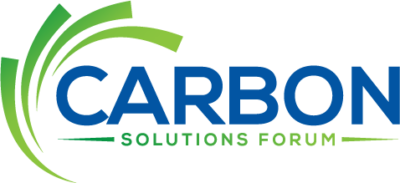2020 Davies Workshop at NAGF: Finding Your Voice
Do we have a moral case for natural gas?
At this year’s virtual North American Gas Forum John Davies, CEO and Chairman of Davies Public Affairs presented research results of a national public opinion survey his firm conducted, with the idea of tying these in with making a moral case for natural gas.
2000 participants were surveyed and asked about whether the use of natural gas as a fuel source should increase, decrease or stay the same? 77% answered it should increase or stay the same while 23% said it should decrease.
The survey then moved to asking (positive) push questions to see if the percentage mentioned above would change at the end of the survey. Push questions focused on the benefits of natural gas, including CO2 emissions reduction as a result of the shale gas revolution, lower energy costs benefiting customers, especially lower-income families, US LNG’s role in reducing global reliance on Russian gas and strengthening US strategic interests, methane captured from agricultural operations and landfills being recycled into RNG and used similar to traditional gas, US LNG’s importance in reducing energy poverty globally, among other questions.
The question each time was in the context of “Does this statement make you more or less likely to support or oppose the use of natural gas?”
Following the survey, the percentages increased to 85% from 77% saying natural gas as a fuel source should increase or stay the same while the 23% opposition reduced to 15%.
This is interesting, clearly, in a time when natural gas is receiving increased push-back, projects are canceled and public opposition gets stronger.
Is the industry successful at telling its story? Is it a good story?
Davies talks about the importance to communicate with the public, to acknowledge the issues around natural gas, solutions to these and also focus on the fundamental benefits – natural gas remains affordable, abundant, efficient and reliable, demand – US energy needs cannot be met without natural gas and finally track record – innovation and ingenuity have reduced methane and GHG emissions.
VIEW THE FULL WORKSHOP BELOW:






